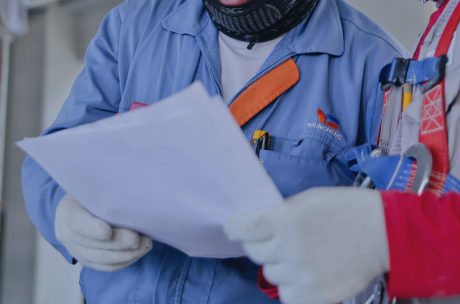The enhanced Social Value Act (PPN 06/20) has made it mandatory for all companies bidding for tenders and being a government contractor to make a realistic and actionable plan to deliver social and environmental value in the geographical area of the contract work. This requirement has existed the longest within the built environment sector and is now being rolled to all other industries like IT and healthcare.
Companies are building internal organisations to meet these requirements and investing in software and platform technologies to plan, implement and report on social value. However, there is a slight confusion in the market, when it comes to what challenges technology can solve and in what capacity.
There is a misconception that using proxy, SROI or social value calculation tools in the planning stage will inherently produce social value. In reality, social value calculation before any action do not guarantee that work is actually carried out and impact achieved.
No activity has a given, proven social value, especially when collaborating with charities, community initiatives and working with subcontractors generating value in the supply chain. Calculations are always indicative when used in planning, but do not capture the unique nature of each local initiative and social outcome targets. And when used in reporting, they need to be backed with qualitative data where the ‘change’ in circumstances is measured and proven.
When it comes to delivering social value, it is the actual social value actions that are the most time consuming to implement and should be coordinated with efficiency. Otherwise, there is a risk of spending more money and workforce internally than the value ever is to our society. This will lead to a viscous cycle of companies losing their profit margins forced to raise their contract prices and local areas left with very little value.
Councils and other government organisations are increasingly reporting on non-delivered social value, presented initially in a tick the box method when bidding for a contract. These kinds of plans are hard to deliver as they were not realistic in the first place and not based on real partnerships, based on mutually agreed ways of collaboration. Charities and social enterprises are experts in their local area how and with what resources local challenges should be solved. Harnessing company skills, products, services, fundraising, grant programmes, training initiatives and buying power for good require always a local ‘match’.
When this match is known in the social value planning stage and latest having an easy, effective access to local organisations, companies can minimise the investment in admin and coordination, and maximise the impact. This is what our society needs to level up and thrive.
You can read more about the Social Value Act and its impact on our recent blog or download our Social Value Act Guide – specifically designed to help companies bidding for tenders understand the new requirements!
whatimpact.com is a matchmaking marketplace for companies to match with local and nationwide charities and social enterprises when donating their skills, products, services or money. The platform provides comprehensive social impact reporting on the partnerships and helps companies to build their brand and engage with their stakeholders. whatimpact.com is for all sizes and types of companies who wish to contribute social and environmental value for our society.





